Compositional Robotics: Mathematics and Tools (ICRA 2023 Workshop)
Subscribe to keep updated! Here: external page http://eepurl.com/hQFTeP
The workshop will take place on Friday, June 2, in South Gallery Room 21. Virtual attendants will be able to access the workshop via the InfoVaya app of the conference.
Motivation
In the last decade the research on embodied intelligence has observed important developments. While the complexity of robotic systems has dramatically increased, both from the perspective of the single robot design and the one of interacting multi-robot systems (e.g., autonomous vehicles and mobility systems), the design methods have not kept up.
The standard answer to dealing with complexity is exploiting compositionality, but
there are no well-established mathematical modeling and design tools that have the reach
for compositional analysis and design at the level of a complex robotic system.
The goal of this workshop is to integrate mathematical principles and practical tools for compositional robotics.
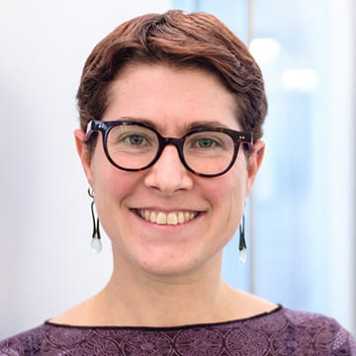
external page Hadas Kress-Gazit
Hadas Kress-Gazit is the Geoffrey S.M. Hedrick Sr. Professor at the Sibley School of Mechanical and Aerospace Engineering at Cornell University. She received her Ph.D. in Electrical and Systems Engineering from the University of Pennsylvania in 2008 and has been at Cornell since 2009. Her research focuses on formal methods for robotics and automation and more specifically on synthesis for robotics – automatically creating verifiable robot controllers for complex high-level tasks. Her group explores different types of robotic systems including modular robots, soft robots and swarms and synthesizes (pun intended) ideas from different communities such as robotics, formal methods, control, hybrid systems and computational linguistics. She is an IEEE fellow and has received multiple awards for her research, teaching and advocacy for groups traditionally underrepresented in STEM. She lives in Ithaca with her partner and two kids.
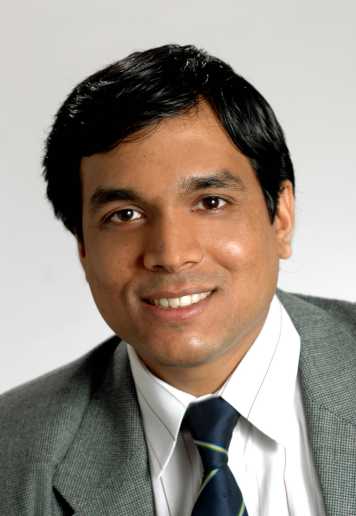
Sanjit A. Seshia is the Cadence Founders Chair Professor in the Department of Electrical Engineering and Computer Sciences at the University of California, Berkeley. He received an M.S. and Ph.D. in Computer Science from Carnegie Mellon University, and a B.Tech. in Computer Science and Engineering from the Indian Institute of Technology, Bombay. His research interests are in formal methods for dependable and secure computing, with a current focus on the areas of cyber-physical systems, computer security, machine learning, and robotics. He has made pioneering contributions to the areas of satisfiability modulo theories (SMT), SMT-based verification, and inductive program synthesis. He is co-author of a widely-used textbook on embedded, cyber-physical systems and has led the development of technologies for cyber-physical systems education based on formal methods. His awards and honors include a Presidential Early Career Award for Scientists and Engineers (PECASE), an Alfred P. Sloan Research Fellowship, the Frederick Emmons Terman Award for contributions to electrical engineering and computer science education, the Donald O. Pederson Best Paper Award for the IEEE Transactions on CAD, the IEEE Technical Committee on Cyber-Physical Systems (TCCPS) Mid-Career Award, and the Computer-Aided Verification (CAV) Award for pioneering contributions to the foundations of SMT solving. He is a Fellow of the ACM and the IEEE.
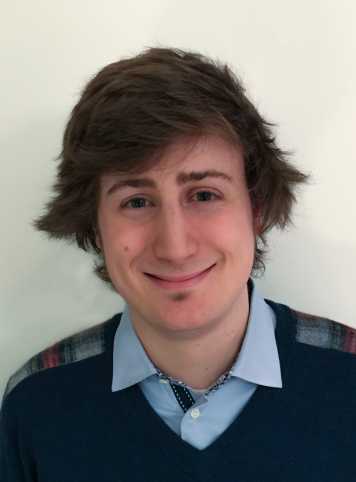
external page Gioele Zardini, gzardini@ethz.ch
Gioele Zardini is a Ph.D. student in Prof. Emilio Frazzoli's group at ETH Zurich, and incoming faculty at MIT in Fall 2024. He received his BSc. and MSc. in Mechanical Engineering with focus in Robotics and Control from ETH Zurich in 2017 and 2019, respectively. Duringhis studies, he worked as an intern in nuTonomy Singapore (now Motional) and was a visiting researcher at Stanford University, in Prof. Marco Pavone's Autonomous Systems Lab, and MIT, in Dr. David Spivak's group. His research interests include the co-design of future mobility systems and of robotic systems, and more in general compositionality in engineering.
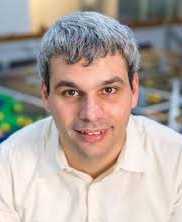
external page Andrea Censi, acensi@ethz.ch
Andrea Censi is deputy director of the Dynamic Systems & Control chair. He obtained a Ph.D. from Caltech. Previously, he has been a research scientist at MIT and Director of Research at Aptiv Mobility (now Motional). He is president of the Duckietown Foundation.
Check out the official call for abstracts/papers!
external page https://easychair.org/cfp/ICRA2023CRMT
Accepted submissions will be assigned a oral presentation at the workshop.
Note that we are teaching several classes related to these topics. Find out more external page here.

external page Gioele Zardini, gzardini@ethz.ch
Gioele Zardini is a Ph.D. student in Prof. Emilio Frazzoli's group at ETH Zurich, and incoming faculty at MIT. He received his BSc. and MSc. in Mechanical Engineering with focus in Robotics and Control from ETH Zurich in 2017 and 2019, respectively. Duringhis studies, he worked as an intern in nuTonomy Singapore (now Motional) and was a visiting researcher at Stanford University, in Prof. Marco Pavone's Autonomous Systems Lab, and MIT, in Dr. David Spivak's group. His research interests include the co-design of future mobility systems and of robotic systems, and more in general compositionality in engineering.

external page Andrea Censi, acensi@ethz.ch
Andrea Censi is deputy director of the Dynamic Systems & Control chair. He obtained a Ph.D. from Caltech. Previously, he has been a research scientist at MIT and Director of Research at Aptiv Mobility (now Motional). He is president of the Duckietown Foundation.
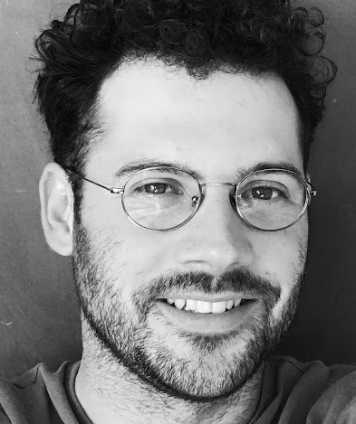
external page Jonathan Lorand, jlorand@ethz.ch
Jonathan Lorand is a postdoc in Prof. Frazzoli's group at ETH Zurich, working on applications of category theory in engineering. He holds a PhD in mathematics from the University of Zurich, and is doing an MA in Transdisciplinarity at the Zurich University of the Arts. He believes in the power of conceptual thinking for learning, communication, and technological design.
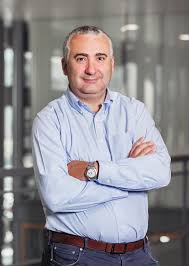
Emilio Frazzoli, efrazzoli@ethz.ch
Emilio Frazzoli is a Professor of Dynamic Systems and Control at ETH Zurich, and former CSO of Motional. His main research interest are in robotics, autonomous systems, and intelligent mobility. In acknowledgement of his seminal work in these fields, Emilio has received numerous awards, including the the 2015 IEEE George S. Axelby Award and the 2017 IEEE Kiyo Tomiyasu Award, and has been named an IEEE Fellow in 2019. Emilio has published more than 200 papers in the fields of robotics, autonomous vehicles, and drones. A former full professor at MIT, he directed the research group that first demonstrated an autonomous mobility (“robotaxi”) service to the public, and performed the first analysis of the social and economic impact of such a service, based on real transportation data. In 2013 he founded nuTonomy with Karl Iagnemma, and served as its Chief Technology Officer until its acquisition by Aptiv in 2017.
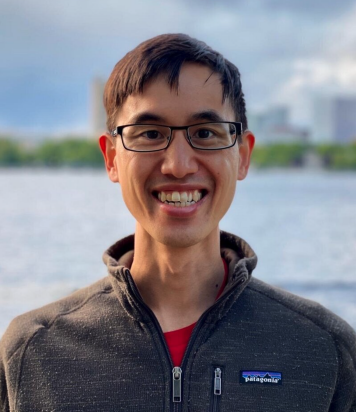
external page Brendan Fong, external page bfo@mit.edu
Brendan Fong is currently a postdoctoral associate in mathematics at MIT and co-founder of the Topos Institute, and holds a PhD in computer science from Oxford University. He is a founding executive editor of the open-access journal Compositionality, and co-authored the textbook An Invitation to Applied Category Theory. Brendan believes technologies of connection and integration are already transforming the world we live in, and is dedicated to ensuring that these transformations benefit society-at-large.
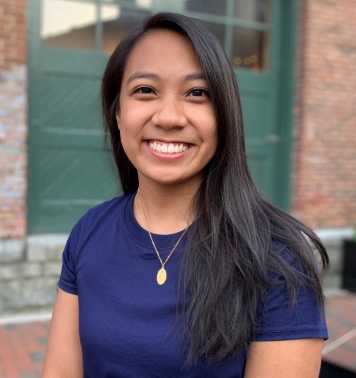
external page Angeline Aguinaldo
Angeline Aguinaldo is a Computer Science PhD Student at the University of Maryland, College Park, a software engineer at the Johns Hopkins University Applied Physics Laboratory, and a research assistant at Topos. She received her B.S. in Biomedical Engineering and M.S. in Electrical Engineering from Drexel University. Her current research is focused on formally modeling affordances as it relates to robotics and AI planning.
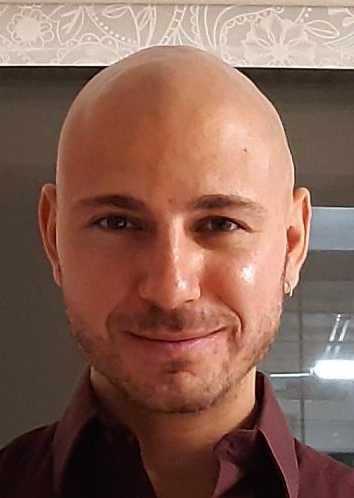
external page Paolo Perrone, external page paolo.perrone@cs.ox.ac.uk
Paolo Perrone is a postdoc at the University of Oxford, in the group of Sam Staton.
He obtained his PhD at the Max Planck Institute in Leipzig working with Jürgen Jost and Tobias Fritz, he has worked at the York University with Walter Tholen, and at MIT with David Spivak and Brendan Fong.
His research focuses on category-theoretical approaches to probability and statistics, and more generally on bringing conceptual clarity to complex systems.
He is a firm believer in the importance of good teaching in mathematics and science.
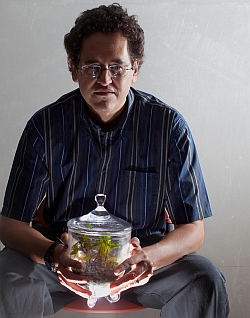
external page John Baez, external page john.baez@ucr.edu
John Baez is a professor of mathematics at the University of California, Riverside, known for his work on quantum gravity and higher category theory. His work in public communication of the sciences began in 1993 with his long running column “This Week’s Finds in Mathematical Physics”. In 2010, he founded the Azimuth Project, a focal point for scientists and engineers devoted to studying mathematical sciences for addressing climate change and other environmental and ecological problems.
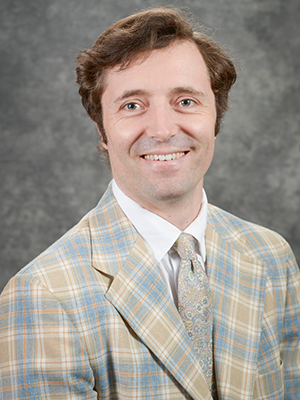
external page Dylan Shell, external page dshell@cs.tamu.edu
Dylan Shell is an Associate Professor of computer science and engineering at Texas A&M University in College Station, Texas. He received his BSc degree in computational & applied mathematics and computer science from the University of the Witwatersrand, South Africa, and his M.S. and Ph.D. in Computer Science from the University of Southern California. His research aims to synthesize and analyze complex, intelligent behavior in distributed systems that exploit their physical embedding to interact with the physical world.
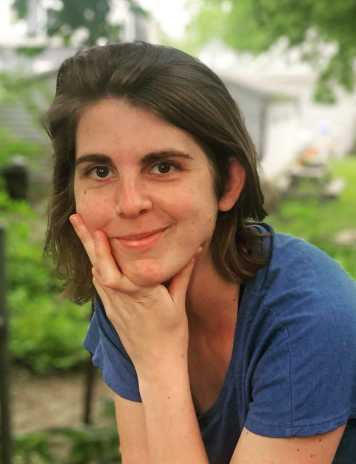
external page Alexandra Nilles, external page aqn3@cornell.edu
Alexandra Nilles is a postdoctoral associate at Cornell University, in Dr. Kirstin Petersen's Collective Embodied Intelligence Lab. She studied Engineering Physics at the Colorado School of Mines, and in late 2020 completed her Ph.D. in Computer Science from the University of Illinois at Urbana-Champaign, advised by Prof. Steve LaValle. Her research focuses on novel control modes for resource-constrained mobile robots, as well as representations and algorithms that allow for scalable, robust motion planning and control of such robots.
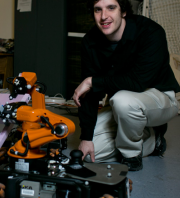
external page Andrew Spielberg, external page aespielberg@csail.mit.edu
Andrew Spielberg is a Postdoctoral Fellow at Harvard University. His research focuses on developing algorithms to co-design novel types of rigid and soft robots in form and behavior, and automatically fabricate them. His work has touched upon topics in soft matter and differentiable simulation, numerical optimization and machine learning for robot control and design, and digital fabrication processes such as 3D printing and textile-manufacturing. He received his B.S. and M.Eng from Cornell University and his PhD from MIT. His work won a best paper award at CHI, and has been nominated for best paper awards at ICRA and Robosoft.
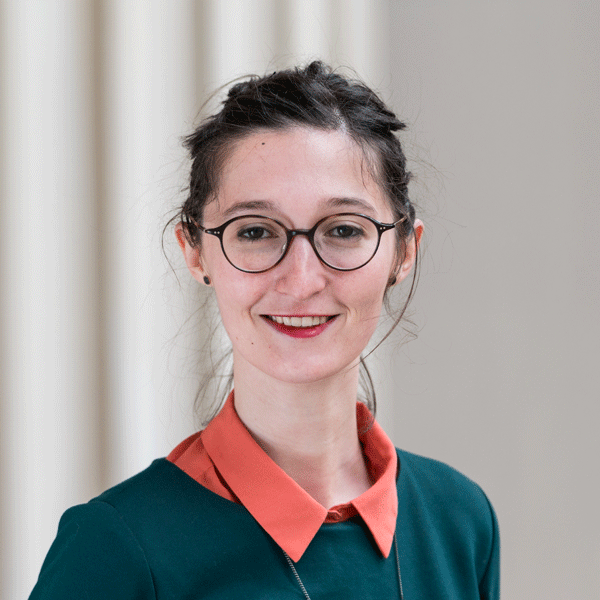
Anne Collin, external page anne.collin@motional.com
Anne Collin received a M.Sc. from Ecole Nationale des Ponts et Chauss ́ees, France in 2016, a M.Sc. in Technology and Policy and a Ph.D. in Aeronautics and Astronautics from the Massachusetts Institute of Technology, Massachusetts, USA in 2016 and 2019. She is a Senior Research Scientist in the Rulebooks team at Motional. Her research interests include complex systems modeling and architecture, optimization, and performance quan- tification of Artificial Intelligence Systems, taking into account the sociological aspects of their use.
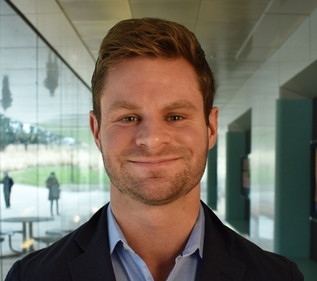
external page Matthew Kvalheim, external page kvalheim@seas.upenn.edu
Matthew D. Kvalheim is currently a postdoctoral researcher at the University of Penn- sylvania. He received a Ph.D. in electrical engineering (2018), an M.S. in mathematics (2017), and an M.S. in electrical engineering (2017) from the University of Michigan; he received a B.S in electrical engineering (2013) from Ohio University. His research interests include dynamical systems, control theory, topology, stochastic processes, and applications to robotics and biology.
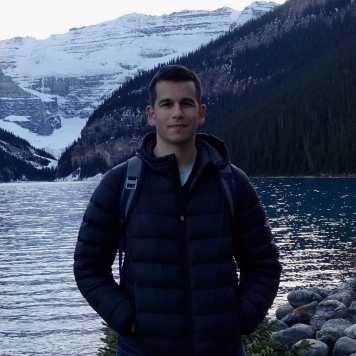
external page Paul Gustafson, external page pg@paulpgustafson.com
Paul Gustafson is a postdoc working on physically grounded type theories with Dan Koditschek in the GRASP robotics lab at the University of Pennsylvania. Previously, he worked with Jared Culbertson of the Air Force Research Laboratory on categories of hybrid systems. He received his PhD from Texas A&M University in 2018 with a thesis applying tensor category theory to topological quantum computation. The unifying theme of his research is the search for compositional algebraic structures in complex physical systems.
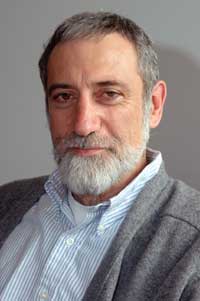
external page Daniel Koditschek, external page kodlab.seas.upenn.edu
Daniel E. Koditschek received the Ph.D. degree in electrical engineering from Yale University, New Haven, CT, USA, in 1983. He is the Alfred Fitler Moore Professor of electrical and systems engineering at the University of Pennsylvania, Philadelphia, PA, USA, where he served as the Chair from 2005–2012. He holds secondary appointments in the Departments of Computer and Information Science and Mechanical Engineering and Applied Mechanics. Prior to joining Penn, he held faculty positions in the Electrical Engineering and Computer Science Department, University of Michigan, Ann Arbor (1993–2004) and the Electrical Engineering Department, Yale University (1984–1992). His current research interests include robotics, the application of dynamical systems theory to intelligent machines, and nonlinear control. Dr. Koditschek is a member of the AMS, ACM, MAA, SIAM, SICB, and Sigma Xi. He is a fellow of the AAAS. He received the Presidential Young Investigators Award in 1986.
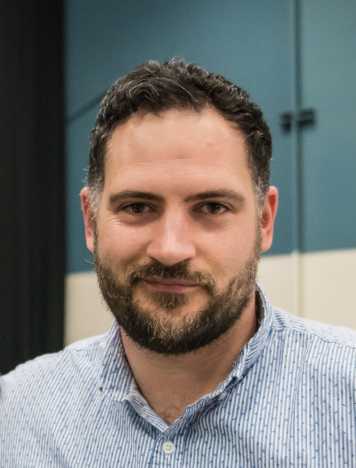
external page Aaron Ames, external page ames.caltech.edu
Aaron D. Ames has been the Bren Professor of Mechanical and Civil Engineering and Control and Dynamical Systems at California Institute of Technology, in Pasadena, California, since 2017. Formerly, he was an associate professor of mechanical engineering and electrical and computer engineering at Georgia Institute of Technology, Atlanta, Georgia, and an associate professor of mechanical engineering at Texas A&M University, College Station, Texas. Ames received his PhD in electrical and computer engineering from University of California, Berkeley in 2006 under S. Shankar Sastry. He was the recipient of the Donald P. Eckman Award in 2015 for his contributions in bipedal robotic research. He was also a recipient of the 2017 Okawa Foundation Research Grant for his research project entitled "Safety-Critical Autonomy in Robotic Locomotion". This prize honors top young researchers working in the fields of information and telecommunications.
